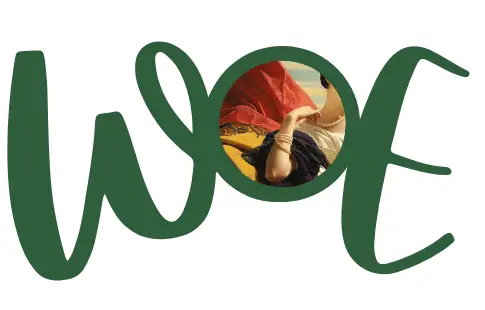August 1, 2023
May Allam
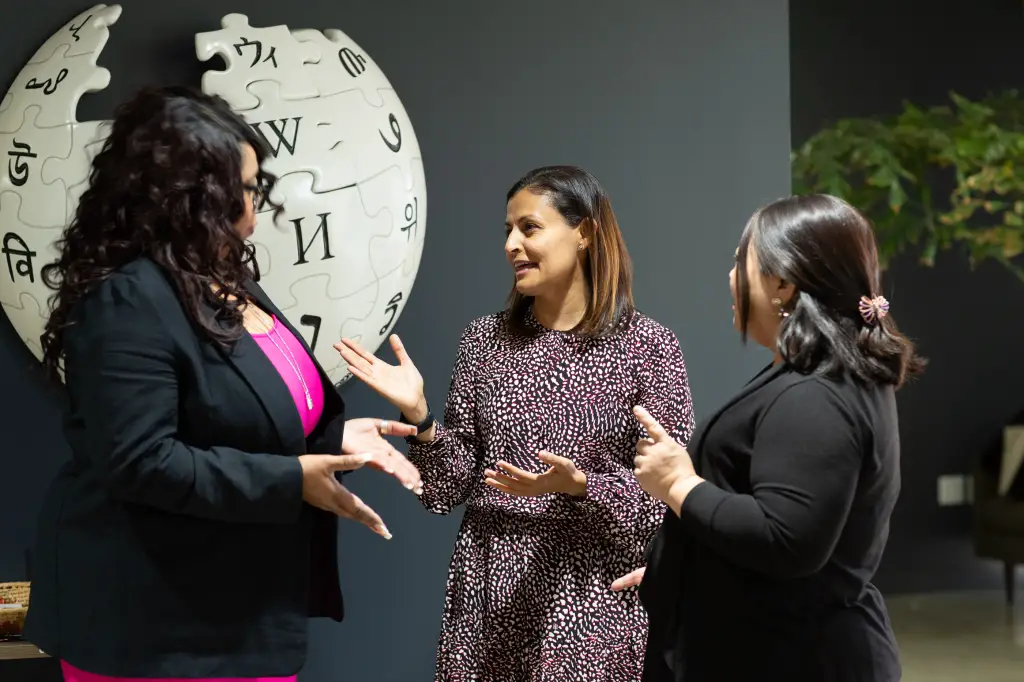
In January 2022, Maryana Iskander became the chief executive officer (CEO) of the Wikimedia Foundation. Egyptian-born American social entrepreneur and lawyer is former CEO of the Harambee Youth Employment Accelerator and former CEO of the Planned Parenthood Federation of America in New York.
Iskander was born in Cairo, Egypt, where she lived before emigrating to the United States with her family. Her family settled in Round Rock, Texas. She graduated from Rice University magna cum laude with a degree in sociology in 1997; before earning her MSc from Oxford University as a Rhodes Scholar in 1999, where she founded the Rhodes Association of Women. In 2003, she graduated from Yale Law School.
After graduating from Oxford, Iskander started her career as an associate at a law firm. Following her graduation from Yale Law School, she worked on the Seventh Circuit Court of Appeals in Chicago, Illinois. She then served as the adviser to the president of Rice University.
Since 2013, Maryana has served as CEO of Harambee Youth Employment Accelerator, a South African non-profit social enterprise focused on building African solutions for the global challenge of youth unemployment.
Under her leadership, Harambee received the prestigious Skoll Award for Social Entrepreneurship in 2019 for its model to support now over 1.5 million youth with access to learning and earning opportunities.
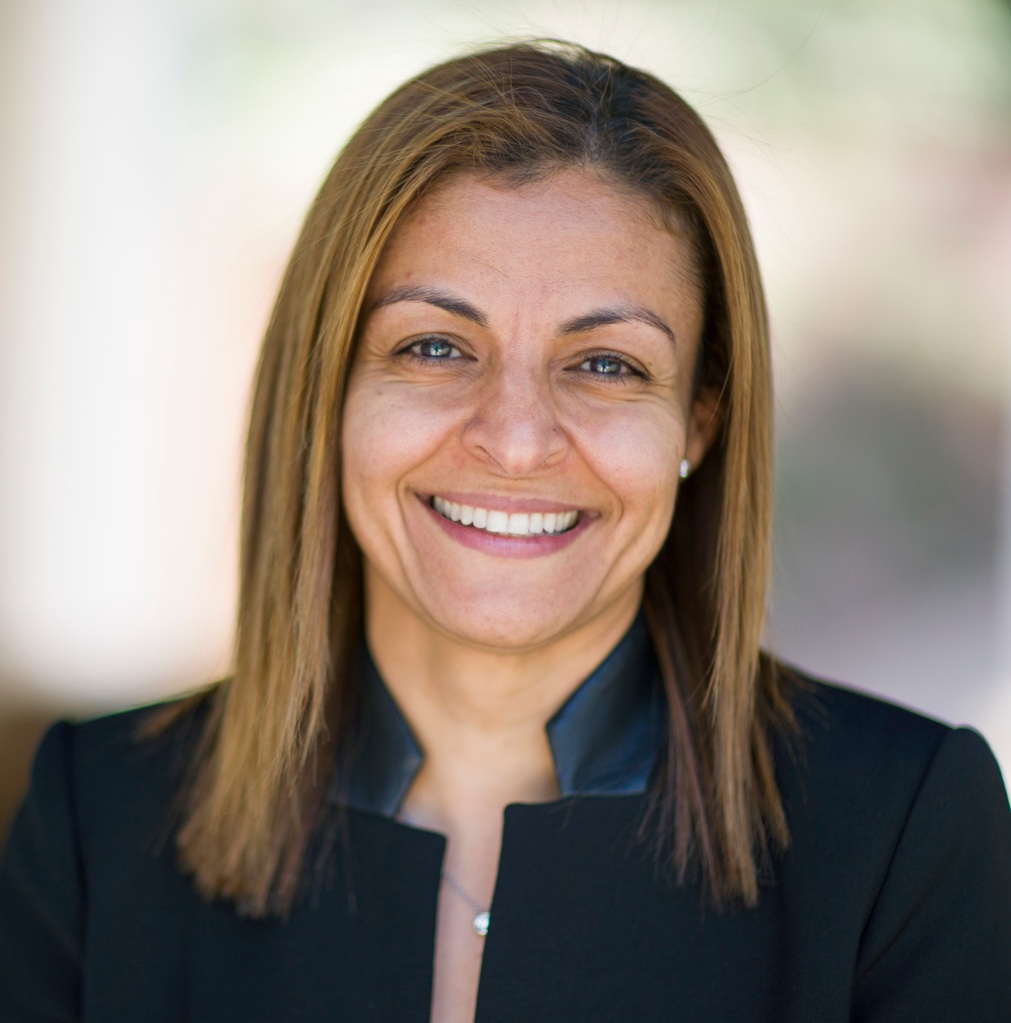
WoEN: What is your number one priority or goal in assuming leadership of Wikimedia?
Maryana Iskander: l joined the Wikimedia Foundation a year and a half ago, in January 2022. In order to learn more about the work of the organization and the global movement of volunteer contributors that it supports that write Wikipedia, I first did a listening tour to hear directly from our staff and volunteers, and spoke with hundreds of people from across 55 countries. Through all these conversations, I heard a clear theme about the urgent need for the work of Wikipedia – now more than ever before. As misinformation grows and polarization intensifies across societies globally, the Wikimedia projects remain committed to principles of open knowledge and neutrality. My main priority is to ensure the future of Wikipedia and the Wikimedia projects, by protecting and expanding access to knowledge through a focus on technology and the communities we support.
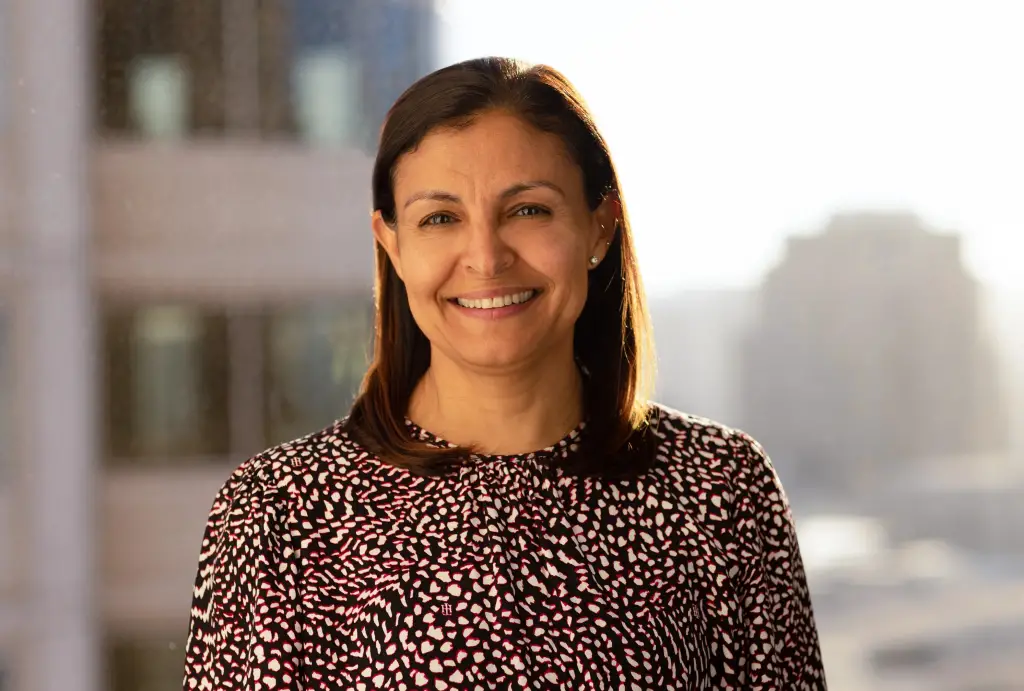
WoEN: What challenges do you face in reaching that goal?
MI: The current legal and policy environment in which the Wikimedia projects and communities operate is in a period of significant change. In response to continuing threats like mis- and disinformation, lawmakers are attempting to regulate internet platforms in ways that could threaten our mission of access to knowledge for all people. In addition, we’re seeing a technology landscape that is transforming rapidly, as users are exploring new ways of searching for information. New advances in generative artificial intelligence (AI) represent both opportunities and threats to our mission of free knowledge for the world.
WoEN: You have an extraordinary track record of accomplishment in academia and business, what advice do you have for the young women of Egypt who aspire to follow in your path?
MI: It is important to always look for opportunities and take them when they arrive! Sometimes the path is not a linear, straight line and requires us to be flexible and adaptive to what is in front of us. Most people “zig zag” through their careers and this can be fun, not scary!
WoEN: How has your impressive education in the fields of sociology and law aided you in your career?
MI: I believe that the study of social sciences, law, and humanities can assist leaders in tackling complex problems in any society. It is rarely the “technical” skills that are missing in making meaningful impact – it is usually other things that require an understanding of people and change. I feel fortunate to have learned these skills as part of my education.
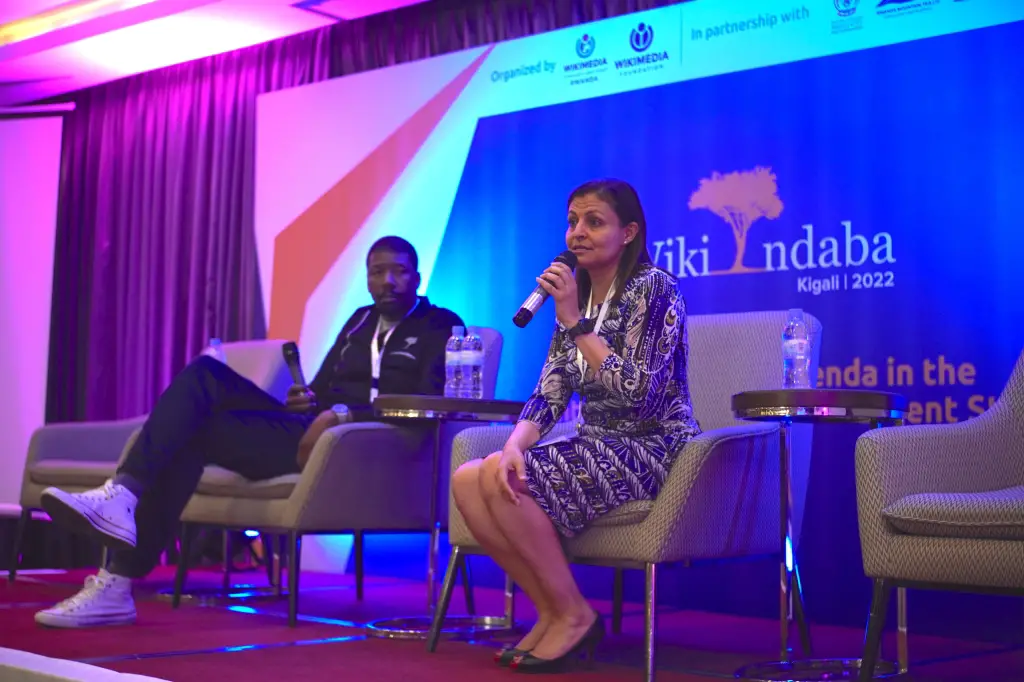
WoEN: What is your advice about how we can inspire and engage women in Egypt to become more involved in volunteer work?
MI: When I think of the issues I’ve worked on, they come down to impacting the human experience. Do people have lives that are better than they were in the past? Do we break down the barriers that stand in their way? As a start, I encourage women in Egypt to start volunteering for the communities and causes that matter most to them. Change may happen incrementally but seeing the impact that you have at both a personal and a community level can be very rewarding.
WoEN: What are your aspirations for working women globally?
MI: Almost all research – across so many different fields – confirms the critical role that women play in advancing prosperity for their families, communities and countries. I have seen first-hand the power of working women to change their workplaces for the better by bringing in the experiences they have gained from other spheres of their life and improving organizational cultures not only for themselves, but for everyone around them.
WoEN: If there is anything else you would like to share or you want to say to the followers of “Women of Egypt” Initiative, it would be greatly appreciated.
MI: There are so many different ways to have an impact and make a difference – don’t overthink or overanalyze. Grab opportunities and remember it’s never a straight line!
***If you liked this article, don’t forget to subscribe to our newsletter and receive our articles by email
